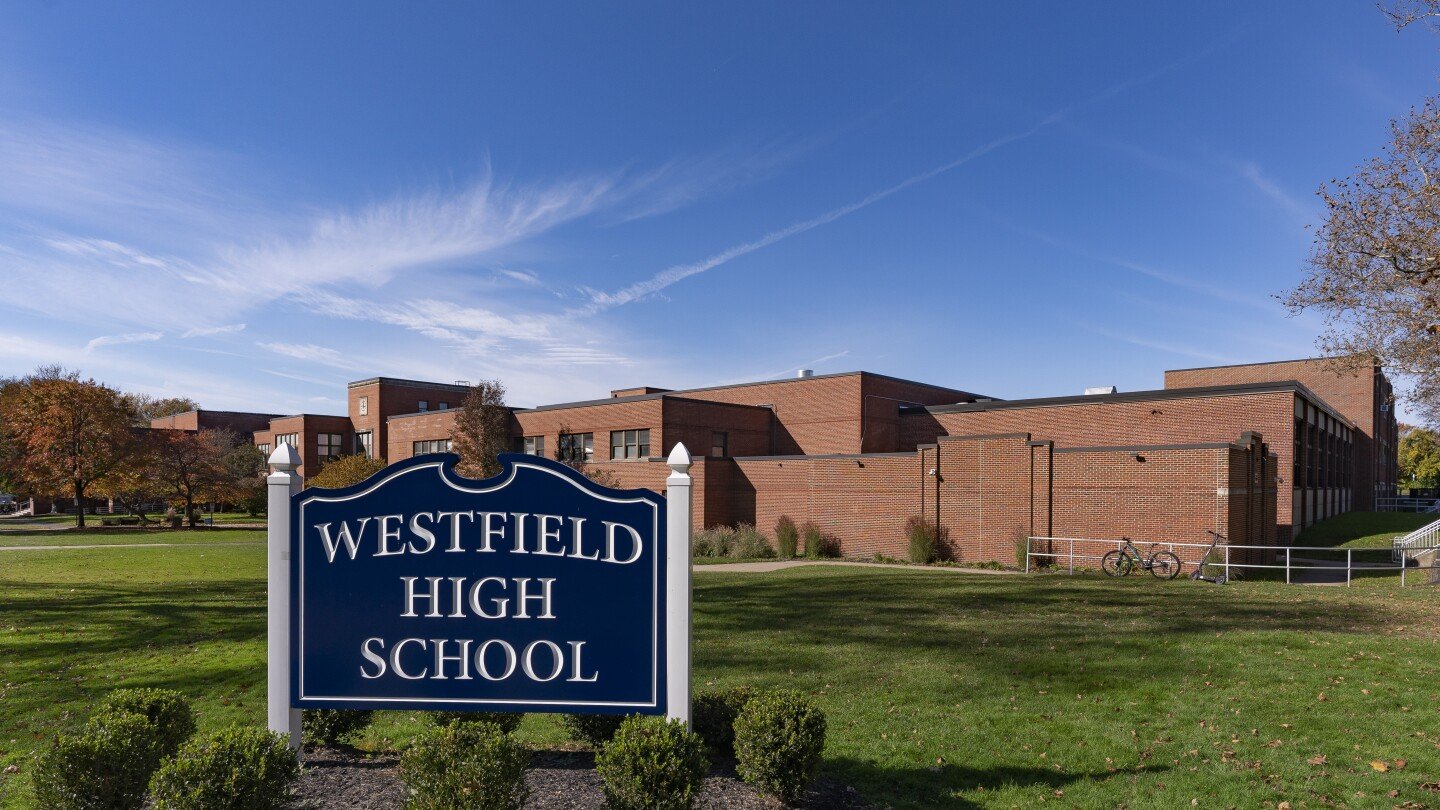A mother and her 14-year-old daughter are advocating for better protections for victims after AI-generated nude images of the teen and other female classmates were circulated at a high school in New Jersey.
Meanwhile, on the other side of the country, officials are investigating an incident involving a teenage boy who allegedly used artificial intelligence to create and distribute similar images of other students – also teen girls - that attend a high school in suburban Seattle, Washington.
The disturbing cases have put a spotlight yet again on explicit AI-generated material that overwhelmingly harms women and children and is booming online at an unprecedented rate. According to an analysis by independent researcher Genevieve Oh that was shared with The Associated Press, more than 143,000 new deepfake videos were posted online this year, which surpasses every other year combined.



Right, there are plenty of reactive measures available but the only proactive measures are either restricting availability of the source photos used or restricting use of the deep fake tools used. Everything beyond that is trying to put the genie back in the bottle.
It’s not possible to restrict deep fake technology at this point. It’s out there. Accessible to everyone who wants it and has a computer at home.